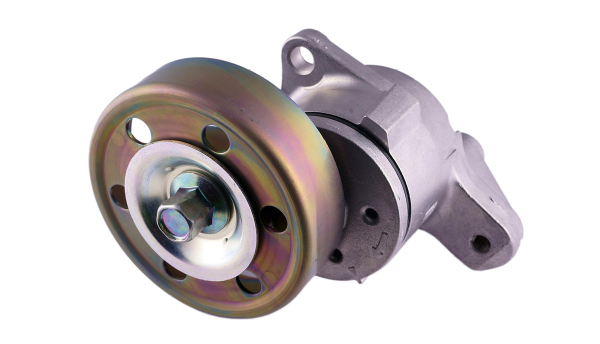
The UK automotive industry, aided by a number of initiatives by the SMMT, the Automotive Council* and the new Automotive Investment Organisation** has seen renewed interest in sourcing components in the UK. This has been for both vehicle plants in the UK, and also for export to vehicle assembly plants in continental Europe.
GM’s decision to retain Luton as its sole commercial vehicle factory in Europe and the production launch of the new Vivaro, a vehicle jointly developed with Renault, has given a further boost to the UK supply sector. The new Vivaro is the second version of this van to be produced at Luton; the first was similarly a joint development with Renault and was also produced at Nissan’s plant in Barcelona, because Luton could not meet demand for all three brands (Renault’s version is the Trafic and Nissan’s was the Primastar). Renault will also produce the new van itself, as the Trafic, in France. However, Luton will now produce only the Vivaro, for sale under the Vauxhall badge in the UK and as an Opel across Europe. Because of height restrictions in the Luton paint shop, the high roof version for Opel and Vauxhall will come from the Renault plant in Sandouville in north-west France. Sales beyond Europe are a possibility in the long run, but these have not yet been confirmed.
During the recent recession and while GM was in Chapter 11 in the US, closure of the Luton factory was a distinct possibility. However, once GM had decided to retain its European operations, UK management and unions worked together to produce a business plan which made retaining Luton and building the Vivaro there worthwhile economically. The assembly line currently operates just one shift, although the press shop is running on a two-shift basis. This gives an initial capacity of 44,000 units a year, which could be increased to 67,000 with double shift working on the assembly line. Were demand to require it, three shifts, and output of over 100,000 units a year, would be possible. In terms of the supply chain, the most important aspect of the new Vivaro is that its 40% UK content, compared to 25% UK content on the outgoing vehicle.
Mark Poulton, GM’s head of UK purchasing believes that the recent growth of UK vehicle output in general, and indeed the vehicle companies’ collective commitment to significant further investment in the UK, has led suppliers to see the UK in a new light. Poulton said that “the booming British automotive industry is now big enough to encourage a much larger supply base”. In addition, by sourcing more components in the UK, GM is able to reduce the carbon footprint of its purchasing operation, a factor which is of increasing importance to vehicle companies’ sustainability strategies in general.
*A body which ensures close co-operation between the UK government and the automotive industry
**A unit of UK government industry department, BIS which is charged with attracting automotive investment into the UK








